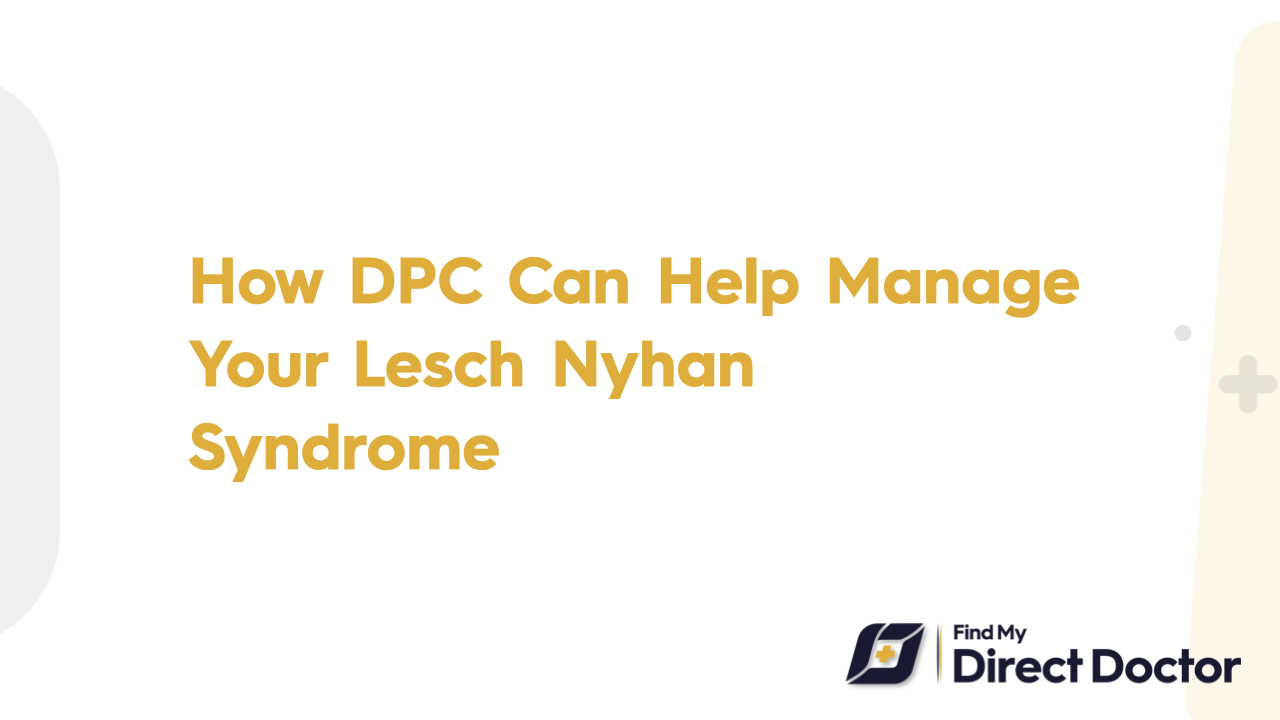



Hypoxanthine-guanine phosphoribosyltransferase (HGPRT) is an enzyme that is deficient in Lesch Nyhan Syndrome (LNS), a rare hereditary illness. The purine metabolism pathway, which aids in the breakdown of certain chemicals in the body, includes this enzyme. Without it, the body accumulates uric acid, which causes a variety of physical and neurological problems. Because LNS is X-linked—that is, the gene causing the condition is found on the X chromosome—it mostly affects men.

Lesch Nyhan Syndrome symptoms usually start to show up in early childhood or infancy. The emergence of self-destructive behaviors like biting and head banging is one of the condition's defining characteristics. In addition, severe muscle rigidity, involuntary movements (chorea or dystonia), and coordination issues are possible in affected individuals. The majority of people have mild to moderate intellectual disability, and cognitive impairments are widespread. Uric acid buildup can also cause gout-like symptoms, which include excruciating joint swelling. High levels of uric acid in the body can cause kidney stones and other renal issues over time.
By offering patients ongoing, individualized care, Direct Primary Care (DPC) can play a crucial role in controlling Lesch Nyhan Syndrome. Due to the disorder's complexity, DPC provides the benefit of direct access to medical professionals who are aware of the patient's past medical records and current requirements. This makes it possible to manage symptoms and problems early on, potentially halting further health decline.
Patients can undergo routine condition monitoring using DPC, which includes monitoring kidney function, uric acid levels, and self-destructive behavior. To address the entire spectrum of medical conditions linked to Lesch Nyhan Syndrome, DPC providers can also coordinate care with specialists, such as neurologists and rheumatologists. The general well-being of those who have the illness can be greatly enhanced by this close, cooperative care, which also guarantees that treatment regimens are modified to accommodate their changing requirements.
Consistent and prompt care is one of the main advantages of DPC for people with Lesch Nyhan Syndrome. Without the lengthy wait times connected with conventional healthcare systems, DPC enables people to speak with their healthcare providers immediately. This is especially crucial for people with Lesch Nyhan Syndrome because prompt treatment is essential for controlling the physical and neurological symptoms and avoiding kidney stone and gout problems.
DPC also provides a comprehensive approach to treatment. DPC doctors can teach families and caregivers how to manage the disorder, including how to reduce self-destructive behaviors and enhance quality of life, if they have more time for each patient. A consistent treatment plan that adapts to the patient's age and symptoms is also maintained by the continuity of care in a DPC model. Strong patient-provider relationships allow DPC to better meet patients' and their families' emotional needs, improving the quality of healthcare overall.
When treating a complicated illness like Lesch Nyhan Syndrome, individualized care is essential, and Direct Primary Care (DPC) is excellent at offering this customized approach. In order to address the particular symptoms and difficulties of LNS, healthcare providers can devote more time to learning about each patient's particular needs under a DPC approach. Regular follow-up visits to check kidney health and uric acid levels, as well as modifications to medication and treatment plans depending on the patient's condition, may all be part of this individualized care.
Additionally, DPC makes it possible to tailor behavioral management strategies and therapies to assist lessen the self-harming behaviors that are typical of Lesch Nyhan Syndrome. A doctor in a DPC context, for example, can suggest particular treatments, such as physical therapy to enhance motor function and counseling to help manage the psychosocial components of the illness. DPC providers may guarantee ongoing, comprehensive care that is tailored to the changing requirements of people with Lesch Nyhan Syndrome by establishing enduring relationships with patients and their families. In the end, this strategy improves quality of life and illness management.
Previous Post